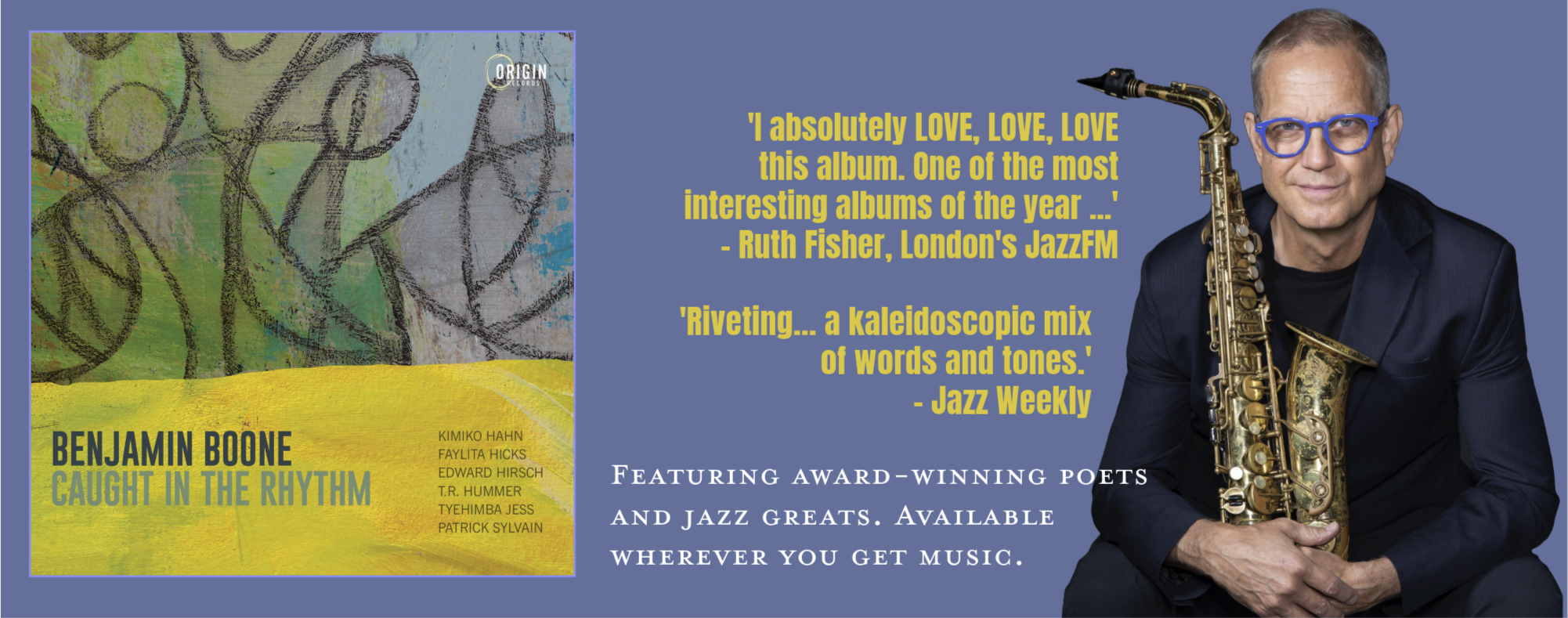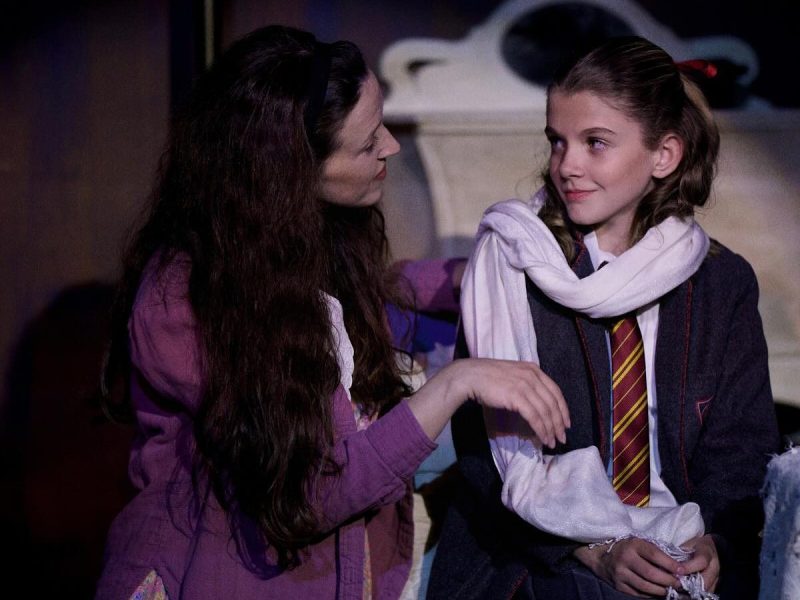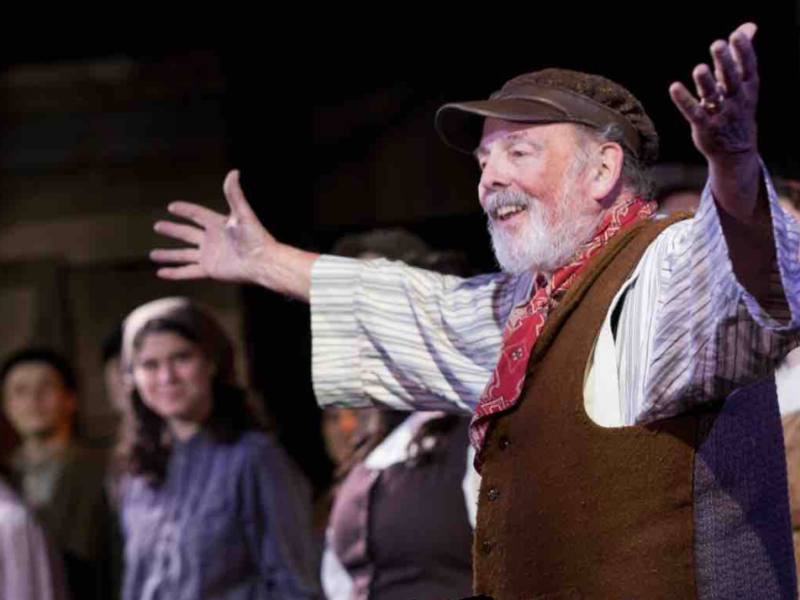#MeToo as caustic comedy: Jaguar Bennett is sorry for all the abominable men out there
Jaguar Bennett has some ′splaining to do.
“Mansplaining,” that is. Which is the name of the Fresno comedian’s next comedy show. He’s bringing back the title, originally performed at the Rogue Festival, to make some extra cash. In his words: “Earlier this summer, it suddenly occurred to me that there are people in Fresno who have never paid me a dime, and I thought to myself: How can I extract more cash from the suckers, while expending as little energy as possible? Obviously, the answer is to remount shows that I’ve already performed!” (Actually, he said that in a fake quote written exclusively for a press release, so we’ll take that statement with a grain of salt, but you get the picture.)
Pictured at top: Jaguar Bennett will perform in ‘Mansplaining.’
Bennett, indeed, is reprising “Mansplaining” — which he describes as a male response to the #MeToo movement, from the perspective that “men have behaved abominably toward women”– as a fundraiser of sorts. He’s taking the show to Portland, and he needs drinking money. But we’ll get to that in a moment.
I asked Bennett if he’d be up for a freewheeling interview, to which he readily agreed. Fasten your seatbelts.
Q: Do you recall when someone first called you offensive? I have visions of your 2nd grade teacher calling your mom and saying, “Um, well, young Jaguar said something VERY offensive today at recess.”
A: I was an insufferable little monster as a child. I caused nothing but grief for all of my teachers. I could also curse like a sailor at an exceedingly precocious age. In 5th grade I was sent to the principal’s office for addressing the teacher in language I would now blush to use in my own comedy shows.
Oddly enough, though, I don’t think I was called “offensive” until well into adulthood. “Offensive” as we use it today is a rather modern concept, and I don’t think it truly existed until the 1990s. In the ’70s and ’80s, you might anger someone, insult them, irritate them, hurt their feelings — but to offend someone you have to attack their deeply held moral beliefs, and no one was moral before 1990. If you think I’m kidding about that, watch Don Rickles. He wouldn’t survive a day in our current neo-Victorian era.
Q: What were you like as a kid? Did other kids think of you as funny?
A: They thought I was funny, in a mean kind of way. They also thought I was really weird. I had zero interest in being a child. Other children seemed to enjoy running and shouting, which I felt was beneath my dignity. My idea of a good time when I was a kid was reading the political news and making acid-tongued remarks about the muddle-headedness of Jimmy Carter’s foreign policy. Sometimes other kids would pick on me for being weird, and I honed my comedy skills by insulting them until they freaked out. I hated the other kids because they were stupid and boring, and I treated all adults with contempt. Whatever my faults are now, I am a much nicer person than I was when I was a kid.

Q: So … I’ve got to go there. Did you ever get mad at your parents for giving you the name of 1) an upscale car; 2) a dangerous wild animal; or 3) a Mac operating system? (I assume you were born before Apple took over the world.) Or did you revel in the singularity? Is there a story behind the name?
A: My mother was a crazy cat lady who owned a zillion cats and lived an entirely cat-themed life. Her nickname was Cat, she liked to meow at people, and she wrote a book of comic poetry titled “Songs of the Green Cat Inn” about an English country inn run by cats. It’s a bit like T.S. Eliot’s “Old Possum’s Book of Practical Cats,” but funnier. My older brother’s name, by the way, is Tiger.
My parents weren’t completely insane, so I also have a more conventional name that is occasionally convenient when I want to be anonymous. But “Jaguar” is a great name. I would far rather stand out than blend in.
Q: You are a straight white male, though I try not to make any assumptions about such things these days. In other words, you have carte blanche to make fun of exactly no one. (Except other straight white males, I guess.) Do you find that this crimps your comedy?
A: Well, my fellow straight white males are an endless source of comedy. I defy any other demographic to produce someone as side-splittingly hilarious as Devin Nunes. I could make fun of straight white guys for the rest of my life. I think right now is a very good time to be a straight white male. As we decline in power and prominence, we’ll finally get a chance to be exotic and mysterious. At long last, people will be interested in us. They’ll want to hear all about our mysterious folkways, like eating processed cheese with mayonnaise and how we express emotion by having a heart attack. And I will be ready to interpret the quaint customs of my people to a horrified yet fascinated American public.
And that, of course, is really what “Mansplaining” is all about — interpreting straight men so that other people can understand them. Women don’t understand men nearly as well as they think they do, because women literally can’t imagine how crude and emotionally stunted the average man is.
Q: Along with your achingly boring demographics, your title of “Mansplaining” seems like you’re setting yourself up for riots, or a drink splashed in your face, or, at the very least, a viral video of you as the lead item on the Drudge Report. But let me guess: It’s all for the shock value, right? Your show, I’ve heard, is pro-woman. Is that the case?
A: The show is very pro-woman. It was written as a male response to the #MeToo movement. Men have behaved abominably toward women, and it’s our job as men to clean up our acts. But I think the show is pro-man, too, because I say that men will only behave better when they regain their sense of self-respect.
The only thing remotely controversial about my show is I do attack a certain kind of feminist theory. I support the central goals of feminism, but I don’t buy a lot of feminist analysis of gender, particularly the idea that masculinity is just a kind of social construct. I’ve read many writers who argue that if men would give up the ideology that they are men, they could behave just like women. That’s ridiculous. This is very unfashionable, but I think masculinity is real and not very nice. Masculinity is about being able to use violence, and I believe all men are prone to violence. Men who think that they are innocent are the greatest danger to everyone around them, because it never occurs to them that they need to control their impulses. To be civilized, a man needs to recognize that he’s dangerous and keep himself in check.

Q: I don’t know you very well, but you seem like a man (“Man!”) with a lot of things to say (′splaining!”) Do you find yourself mansplaining when you don’t even realize it?
I’m a conceited, pompous, windbag know-it-all, and I’ve been ′splaining things my whole life, but I’m very aware of this. And I insist that I’m just as condescending a jerk to men as I am to women. As I told a female friend, “I don’t talk down to you because you’re a woman. I talk down to you because I am invariably correct and better informed.”
Q: True story: When I first saw the title of your show, I misread it as “Manspreading,” which is what guys do on public transportation. Any thoughts on this?
A: Men spread their legs because they’re terrified that if they cross their legs, people will think they’re effeminate. But I say we should look at manspreading in a more positive way. Here is a man who is willing to open himself and make himself vulnerable, in a very real and practical sense. If a man has open legs, does it not follow that he has an open heart?
Q: You are raising money with this show to pay for “travel and drinking expenses for a trip to Portland, Oregon, to perform ‘Mansplaining’ at the Clinton Street Theater.” The only question I’m going to ask you about this is: What is your go-to hangover remedy?
A: Ibuprofen, water, coffee, and a solid breakfast.
Q: Have you ever had an audience member 1) storm out of one of your shows; or 2) threaten to sue you; or 3) stand up and pray for you? If yes to any of these, how did you respond?
A: The height of my comedy career was 20 years ago at Marcel Nunis’s Weedwacker Theatre, when my routine about the romantic life of Our Lord and Savior Jesus Christ caused the entire audience to walk out, except for one brave soul who physically removed me from the stage and ejected me from the yard. I don’t think I’ve ever done a show where somebody didn’t walk out. I do comedy to bring enlightenment to the masses, and if I’m not offending somebody, I’m not teaching them anything new.
No one has ever tried to sue me. You can’t get blood from a turnip. Praying for me would be cool, I don’t think anyone has done that before. If anyone tried it, though, I’d tell them that not even God gets to heckle me.
Q: Your day job is in marketing. Let’s say you run into a burning building to rescue folks trapped inside and find a room occupied by four people: an elderly priest, an elderly NFL player, an elderly member of Congress, and a marketing expert in the prime of his life. All are injured. The fire is getting bad. You only have time to rescue one. The rest will die. Which one do you help?
A: Who is of more use to society? The congressman and the priest have devoted their lives to lying and misleading the public. The football player has distracted the public from serious issues by offering mindless, violent entertainment. But the marketing professional is dedicated to informing the public about wonderful new products and advantageous, money-saving offers. The marketing professional is an agent of civilization, commerce, and joy, and is a true and faithful servant to humanity. There is no question of who is the better human being.
Q: Your wife, the noted local director and actor Heather Parish, loves Jane Austen. Please answer honestly: Do you really care all that much about Austen? Or is it just one of your matrimonial duties to profess an undying love for All Things Regency England? Don’t worry about offending her. (Your wife, not Austen.) She’ll never read this. (Again, your wife, not Austen.)
A: Heather and I are both very 19th-century people, and we have a shared appreciation for history and historic literature. Austen is a great writer and very funny. The Regency is a fascinating period, and it’s not at all just crumpets and weddings — it’s the Napoleonic Wars, the post-French Revolution settlement, the height of the Industrial Revolution. It’s the beginning of the modern world, really. Austen does not portray a fusty traditionalist society, but a rapidly changing one in which money and status are unstable, where a young woman can make her fortune or ruin herself in one conversation at the tea table. And let’s be fair. Heather has to put up with my obsessions with “Star Trek” and time travel. I am by far the more boring person in this relationship.
Q: Answer this question in just three words. What does Fresno need?
A: Self-respect.
Q: OK, time to turn the tables. You ask ME a question.
A: How is the Munro Review doing? Do you miss having the resources of the Bee, or are you enjoying being your own boss?
(Donald): Thanks for asking! This will be the 353rd post I’ve published since going out on my own. I’m hard at work on a big redesign of the site, which will make its debut Sept. 4, and with that I’ll be unveiling a new voluntary membership/donation/sponsorship structure. I ‘m calling it “the public radio funding model.” I will ask people to sign up for monthly recurring memberships as a way to support local arts journalism, but there will be no paywall. (Members will get the perk of being able to enter my ticket giveaways.) Lots more details to come soon.
As for missing the resources of the Bee, I certainly miss my former colleagues and the camaraderie of the newsroom. (And I really miss being able to rely on the Bee’s outstanding photojournalists.) But I’ve adjusted. And it’s nice not having to worry when I write a narrow-interest but important story that won’t get as many clicks as, say, a post about a standard poodle in Hilton Head, S.C., driving an Uber.
Q: OK, back to this piece’s regular format. Anything else you’d like to say, Jaguar Bennett?
A: Come see “Mansplaining!” It’s a filthy comedy show the whole family can enjoy. Your mom and dad will approve of its wholesome moral message, your daughters will learn early why men will disappoint them, and your sons might just learn that embracing feminism will actually increase their self-respect and sense of purpose.
Show info
“Mansplaining,” 7:30 p.m. Saturday, Aug. 11, Vista Theater, 1296 N. Wishon Ave, in the Tower District. Tickets $12 at the door or $10 online.










Stephen
Wonderful interview with just the right amount of badinage (using a Jaguar style word). Plus Jag asked you the question I’ve always wondered, so double bonus!
Janice Noga
Great interview with Jaguar. He sounds intelligent and probably very crude but this is AMERICA and he has a right to speak. If you go let me know.I might risk it if you’re there.